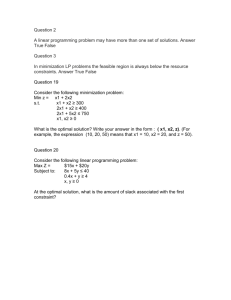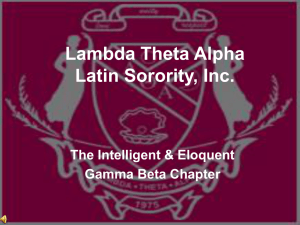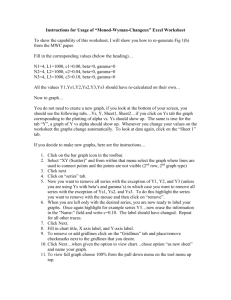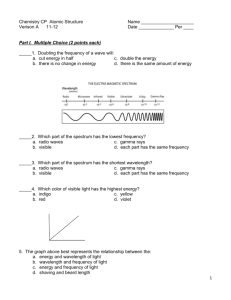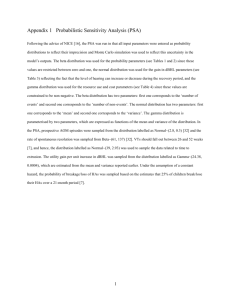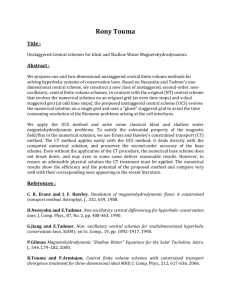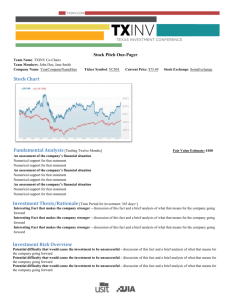shamir error
advertisement
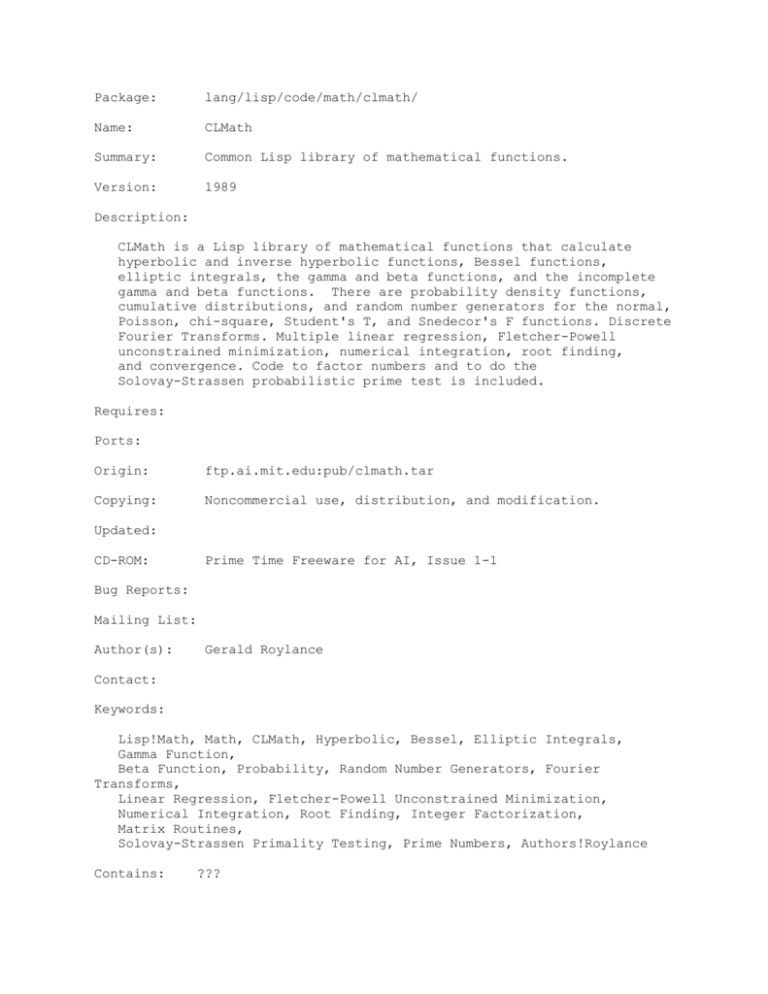
Package: lang/lisp/code/math/clmath/ Name: CLMath Summary: Common Lisp library of mathematical functions. Version: 1989 Description: CLMath is a Lisp library of mathematical functions that calculate hyperbolic and inverse hyperbolic functions, Bessel functions, elliptic integrals, the gamma and beta functions, and the incomplete gamma and beta functions. There are probability density functions, cumulative distributions, and random number generators for the normal, Poisson, chi-square, Student's T, and Snedecor's F functions. Discrete Fourier Transforms. Multiple linear regression, Fletcher-Powell unconstrained minimization, numerical integration, root finding, and convergence. Code to factor numbers and to do the Solovay-Strassen probabilistic prime test is included. Requires: Ports: Origin: ftp.ai.mit.edu:pub/clmath.tar Copying: Noncommercial use, distribution, and modification. Updated: CD-ROM: Prime Time Freeware for AI, Issue 1-1 Bug Reports: Mailing List: Author(s): Gerald Roylance Contact: Keywords: Lisp!Math, Math, CLMath, Hyperbolic, Bessel, Elliptic Integrals, Gamma Function, Beta Function, Probability, Random Number Generators, Fourier Transforms, Linear Regression, Fletcher-Powell Unconstrained Minimization, Numerical Integration, Root Finding, Integer Factorization, Matrix Routines, Solovay-Strassen Primality Testing, Prime Numbers, Authors!Roylance Contains: ??? See Also: References: Gerald Roylance, "Some Scientific Subroutines in LISP", MIT AI Lab Memo 774, September 1984. [Documentation of the CLMath package.] M. Abramowitz and I. Stegun, editors, "Handbook of Mathematical Functions", National Bureau of Standards, 1964. [For Bessel, Beta, Gamma, elliptic, error, and extended functions. Also numerical integration, probability, and statistics.] Philip R. Bevington, "Data Reduction and Error Analysis for the Physical Sciences", McGraw-Hill, New York, 1969. [For Fletcher Power functional minimization, Marquardt algorithm, and multiple linear regression.] Digital Equipment Corporation, "PDP-11 Paper Tape Software Programming Handbook", DEC-11-GGPA-D, Section 7.7. [For error and extended functions.] R. W. Hamming, "Numerical Methods for Scientist and Engineers", McGraw-Hill, 1973. [For various integration methods.] Cecil Hastings, Jr., "Approximations for Digital Computers", Princeton University Press, Princeton, NJ, 1955. [For error and extended functions.] A. J. Kinderman & J. F. Monahan, "Computer Generation of Random Variables Using the Ratio of Uniform Deviates", ACM Transactions on Mathematical Software 3(3):257-260, September 1977. [For probability and statistics.] D. Knuth, "The Art of Computer Programming", Addison Wesley, 1981. [For factoring, Totient, probability, and statistics.] James Kuester and Joe Mize, "Optimization Techniques with Fortran", McGraw-Hill, New York, 1973. [For Fletcher Power functional minimization and Marquardt algorithm.] David G. Luenberger, "Introduction to Linear and Nonlinear Programming", Addison Wesley, Reading, MA, 1965. [For matrix routines and Fletcher Power functional minimization.] Alan Oppenheim and Ronald Schafer, "Digital Signal Processing", Prentice Hall, 1975. [For DFT code.] William H. Press, Brian P. Flannery, Saul A. Teukolsky and William T. Vetterling, "Numerical Recipes in C, The Art of Scientific Computing", Cambridge University Press, 1988. [Page 178, for Beta and Gamma functions and combinatorial algorithms.] R. L. Rivest, A. Shamir, and L Adleman, "A Method for Obtaining Digital Signatures and Public-Key Cryptosystems", CACM 21(2):120-126, February 1978. [For modular arithmetic.] Robert Solovay and Volker Strassen, "A Fast Monte-Carlo Test for Primality", SIAM Journal on Computing, 1977, pp 84-85. [For modular arithmetic.]
